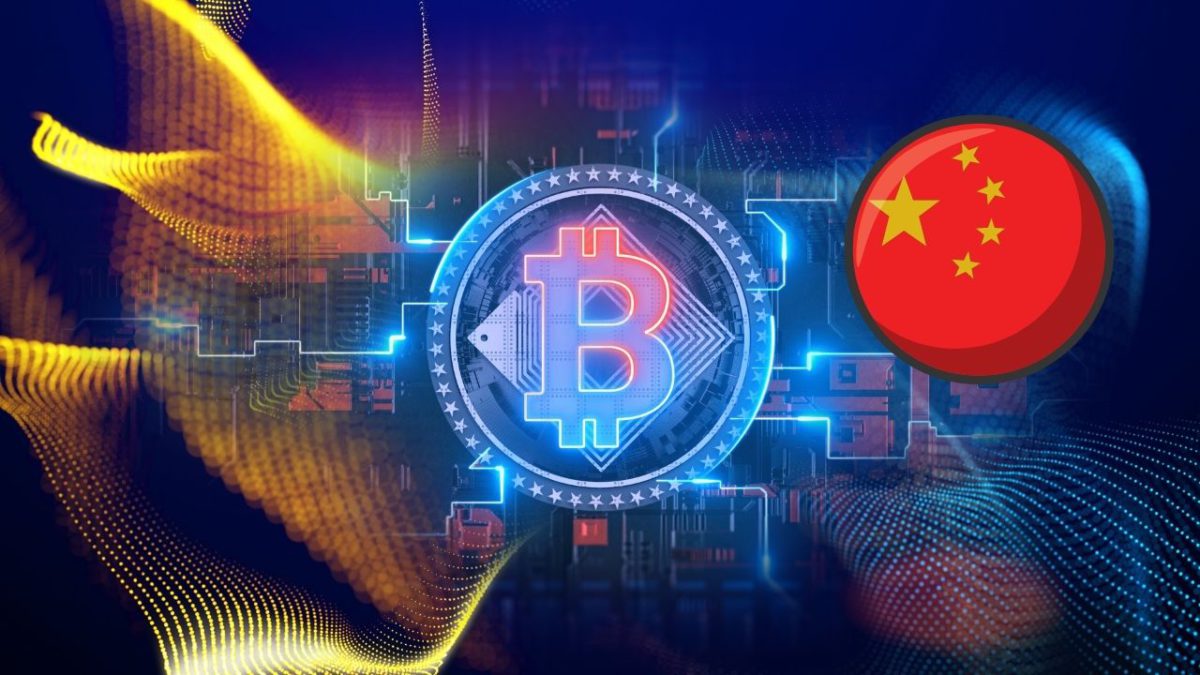China’s Automakers Are Shifting Towards Blockchain Technology
As automakers shift their focus to zero-emission vehicles, Blockchain technology is used to assist in cost-cutting efforts in the face of fierce competition. China’s automakers are using blockchain technology to improve their green credentials. Mercedes-Benz, BMW, and Toyota have all stated their intentions to implement decentralized digital ledger technology, and Chinese automakers are eager to follow suit.
China’s central government announced just before the Lunar New Year that it had chosen 15 pilot zones and highlighted numerous areas for blockchain technology’s “innovative deployment.” One hundred sixty-four institutions representing banks, hospitals, power utilities, and local government departments were chosen to participate, with Shanghai, Beijing, and Guangzhou receiving the most nominations. Only one automaker was selected for the trial:
SAIC-GM-Wuling, which produces China’s best-selling Hongguang Mini EV. Liuzhou-based SAIC-GM-Wuling is a corporation that buys over 900 components each day from hundreds of suppliers in multimillion-dollar transactions. It’s a big stock-management challenge because indistinguishable signatures on paper-based documents can lead to human error during part handovers. SAIC-GM-Wuling has begun to employ a distributed ledger to increase the efficiency of its supply chain. The distributed ledger is a digital data of transactions and contracts maintained decentralized across several locations. This method is expected to save the corporation up to $2.5 million per year by reducing paper usage by 10 million sheets per year. That may appear to be a small number, but it’s significant for a business like SAIC-GM-Wuling, which has built a tremendously popular EV for under $5,000 by keeping a close check on prices. Every penny counts in China’s price-competitive car market.
Also, read – Fascinating Data about China’s Rejection of Metaverse Trademark Applications
This boost in supply-chain efficiency is more important than ever for automakers, especially in light of rising raw material costs and the need to spend extensively in the future of transportation, including autonomous driving and sophisticated vehicle systems. Other domestic automakers are beginning to go above and beyond. In November, Great Wall Motor, the country’s most considerable SUV manufacturer, stated that it would adopt blockchain technology to reduce labor costs by outsourcing activities. Many individuals still perceive blockchain technology to be enigmatic and difficult to comprehend.
Cryptocurrencies like Bitcoin are the most well-known blockchain technology, but decentralized digital ledgers have several possibilities for automobile manufacturers and drivers. BMW utilizes them to make it easier for buyers to acquire used cars by allowing them to independently check if a vehicle has been in an accident or has been maintained regularly. One significant benefit is cost reduction, but the ultimate payoff may be conducting business more environmentally friendly. More Chinese automakers are likely to follow SAIC-GM-led Wuling’s in the following decades.
Stay informed with daily updates from Blockchain Magazine on Google News. Click here to follow us and mark as favorite: [Blockchain Magazine on Google News].
Get Blockchain Insights In Inbox
Stay ahead of the curve with expert analysis and market updates.
latest from tech
Disclaimer: Any post shared by a third-party agency are sponsored and Blockchain Magazine has no views on any such posts. The views and opinions expressed in this post are those of the clients and do not necessarily reflect the official policy or position of Blockchain Magazine. The information provided in this post is for informational purposes only and should not be considered as financial, investment, or professional advice. Blockchain Magazine does not endorse or promote any specific products, services, or companies mentioned in this posts. Readers are encouraged to conduct their own research and consult with a qualified professional before making any financial decisions.

 Bitcoin
Bitcoin  Ethereum
Ethereum  Tether
Tether  XRP
XRP  Solana
Solana  Dogecoin
Dogecoin  USDC
USDC  Lido Staked Ether
Lido Staked Ether  Cardano
Cardano  TRON
TRON  Avalanche
Avalanche  Chainlink
Chainlink  Toncoin
Toncoin  Wrapped stETH
Wrapped stETH  Shiba Inu
Shiba Inu  Sui
Sui  Wrapped Bitcoin
Wrapped Bitcoin  Hedera
Hedera  Stellar
Stellar  Polkadot
Polkadot  WETH
WETH  Hyperliquid
Hyperliquid  Bitcoin Cash
Bitcoin Cash  LEO Token
LEO Token  Uniswap
Uniswap  Litecoin
Litecoin  Pepe
Pepe  NEAR Protocol
NEAR Protocol  Wrapped eETH
Wrapped eETH  Ethena USDe
Ethena USDe  Aave
Aave  Aptos
Aptos  Internet Computer
Internet Computer  USDS
USDS  Cronos
Cronos  POL (ex-MATIC)
POL (ex-MATIC)  Ethereum Classic
Ethereum Classic  Mantle
Mantle  Render
Render  Bittensor
Bittensor  MANTRA
MANTRA  Artificial Superintelligence Alliance
Artificial Superintelligence Alliance  Monero
Monero  WhiteBIT Coin
WhiteBIT Coin  Dai
Dai  Arbitrum
Arbitrum  Filecoin
Filecoin 



